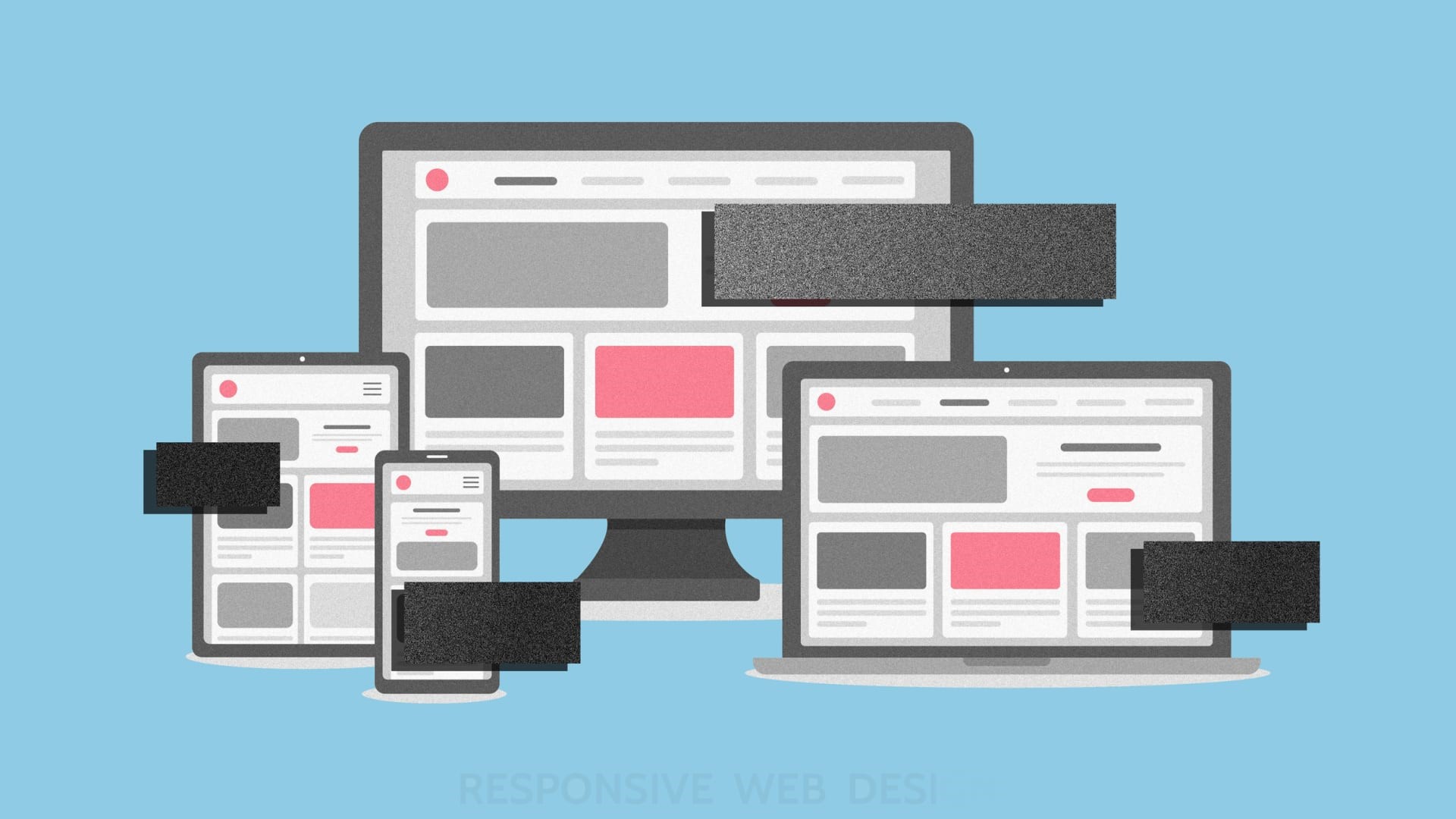Why Apple iOS 18’s ‘Distraction Control’ ad blocker is deeply controversial
Why Apple iOS 18’s ‘Distraction Control’ is deeply controversial
Distraction Control, a new feature Apple has quietly rolled out on its iOS 18’s Safari web browser, could spell doom for some businesses.
This week Apple quietly introduced a new feature coming to iOS 18’s Safari web browser called Distraction Control. The feature, which you can access now via the iOS 18 developer beta, is unusual because Apple made no mention of it when it first previewed the iPhone’s upcoming operating system this past June.
Distraction Control will allow users to selectively eliminate elements of a website they don’t want to see while browsing. But it’s a feature that is already causing controversy. Here’s what you need to know about iOS 18’s Distraction Control.
What is iOS 18’s “Distraction Control”?
Distraction Control is a new feature coming to the Safari web browser in iOS 18, the iPhone’s upcoming operating system. Distraction Control is also coming to Safari on the iPad with iPadOS 18 and to Safari on the Mac with macOS Sequoia.
The feature allows users to selectively erase elements of a web page they don’t want to see. When the user returns to the web page in the future, these elements will remain hidden (with some caveats, mentioned below).
Now, because of Distraction Control, users will be able to prevent certain web page elements from appearing. These may include things like pop-ups asking you to sign up for a site’s newsletter, banners alerting you to cookie or GDPR policies, sign-in windows (such as those from Google), and, yes, ads.
It is this latter element that is making Distraction Control so controversial.
Publishers fear Apple will make it too easy for users to block ads
We’ve all been annoyed by online ads. But the fact of the matter is that online advertising is what allows for so much of the web to be free. Without online ads, all publishers would need to resort to paywalls, charging you a subscription fee if you want to view their content. But given how few readers are actually willing to pay a recurring fee for content, an ad-free internet would mean that most websites would eventually need to close their doors and lay off their staff.
ABOUT THE AUTHOR
(11)



